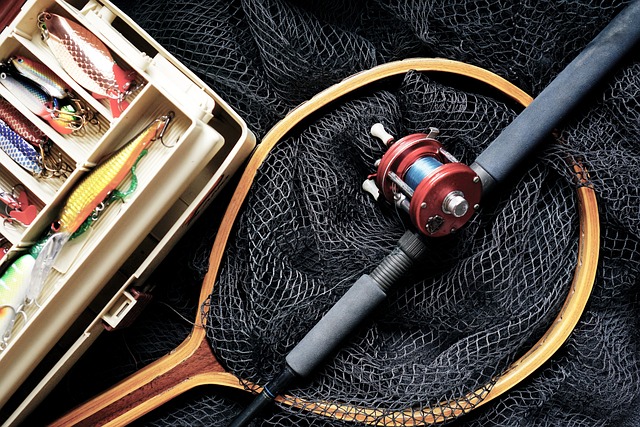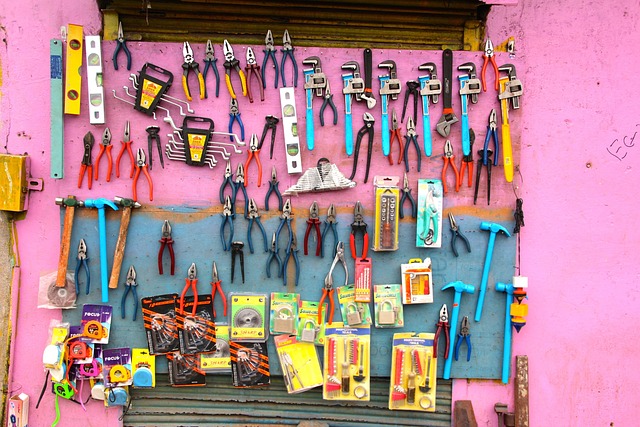
“5 Eco-Friendly Practices for Sustainable Fishing”
5 Eco-Friendly Practices for Sustainable Fishing
Fishing has always been a beloved pastime for many, offering a chance to connect with nature and enjoy the thrill of the catch. However, as we become more aware of the pressing need for environmental protection, it’s crucial to rethink our fishing practices. Embracing eco-friendly techniques not only helps preserve marine ecosystems but also ensures that future generations can enjoy the same experiences we cherish. Here are five sustainable fishing practices that everyone can adopt to protect our waters.
1. Catch and Release
One of the simplest yet most effective ways to practice sustainable fishing is through catch and release. By releasing fish back into the water, especially those that are not intended for consumption, you help maintain healthy fish populations. This practice minimizes overfishing and allows the fish to reproduce, sustaining the ecosystem for the long haul.
2. Use Eco-Friendly Gear
Choosing the right gear can make a significant difference in minimizing your environmental impact. Opt for fishing lines and nets made from biodegradable materials, as they reduce pollution and hazards to marine wildlife. Additionally, consider using barbless hooks to facilitate easier release and lessen injury to the captured fish.
3. Follow Local Regulations and Guidelines
Being aware of local fishing regulations is essential to ensure sustainable practices. These laws are designed to protect fish populations and their habitats. Always check for bag limits, size limits, and seasonal closures in your fishing area, and adhere strictly to these guidelines. This not only supports environmental protection efforts but also promotes a healthy fishing culture.
4. Participate in Clean-Up Efforts
As fishers, we often spend time on or near the water, which gives us a unique opportunity to contribute to the health of our environments. Participating in local clean-up efforts helps remove debris and pollution that threaten marine life. Organizing or joining community events can foster a sense of camaraderie among fellow anglers and reinforce the commitment to protecting our natural resources.
5. Educate Yourself and Others
Knowledge is a powerful tool in the fight for environmental protection. Take the time to educate yourself about local ecosystems, the species you fish for, and the best sustainable practices. Share this knowledge with friends, family, and fellow fishers to encourage a broader commitment to sustainable fishing. The more people understand the importance of preserving our waters, the more effective our efforts will be.
By adopting these eco-friendly practices, we can ensure that fishing remains a sustainable activity that benefits both ourselves and the planet. As stewards of the environment, it is our responsibility to take conscious steps toward protecting our waterways, ensuring that fishing can be enjoyed by generations to come.


